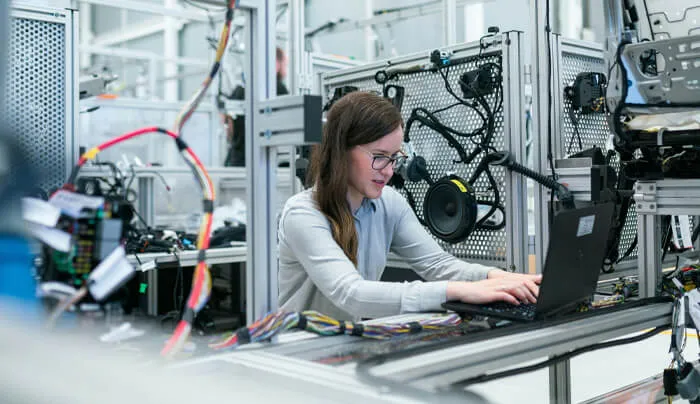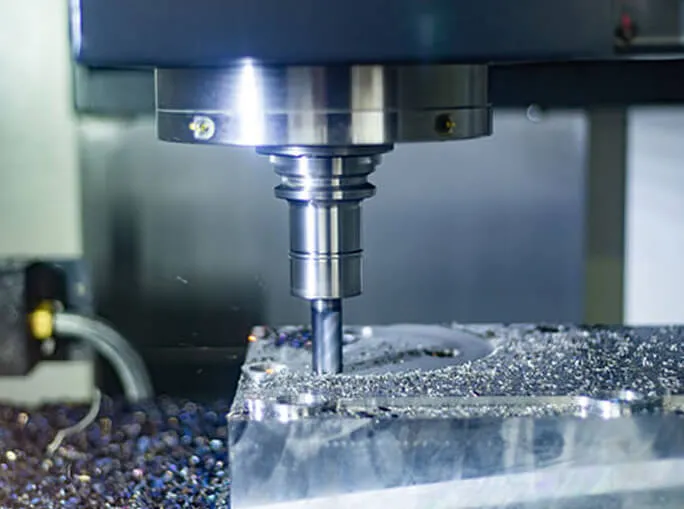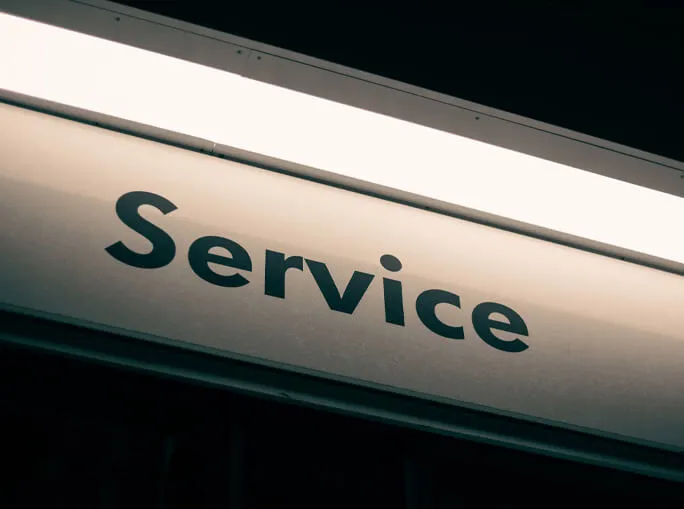AFTER-SALES SERVICE
A comprehensive after-sales service system
Regular maintenance and servicing: We promise to provide Party A with comprehensive and periodic equipment maintenance and servicing services, including but not limited to equipment operation status checks, performance tests of key components, and preventive repairs, etc.
Rapid response and troubleshooting: In the event of equipment failure, we promise 24-hour online technical support. Once we receive a fault repair notification, we will immediately activate the emergency response mechanism and dispatch experienced technicians to conduct on-site diagnosis and repair to ensure the equipment returns to normal operation in the shortest possible time.
Professional technical training and support: We will provide detailed training for the operators of Party A on equipment operation, daily maintenance, and simple fault handling, etc., to ensure that employees can master the equipment operation skills proficiently and improve their ability to solve problems independently
Customer Feedback and Continuous Improvement Mechanism
Establish a complete customer feedback channel: To accurately understand the performance and problems of the equipment during the actual use by customers, we will set up a dedicated customer service hotline and online service platform to receive feedback information from the client about the equipment usage, existing problems and improvement suggestions around the clock.
Implement continuous improvement measures: Based on the collected user feedback information, our R&D and technical teams will regularly hold equipment performance evaluation meetings. In response to existing problems and proposed improvement suggestions, we will study and formulate targeted solutions and optimization strategies.
A complete spare parts service system
We promise to provide a comprehensive and detailed spare parts list for the equipment, covering all core and regular accessories, to ensure that in case of any malfunction or need for replacement during operation, the corresponding spare parts can be quickly found.
Our spare parts inventory management system is advanced and rigorous. It adopts scientific inbound and outbound records and predictive replenishment mechanisms to monitor the inventory status of spare parts in real time. While ensuring the quality of spare parts, it effectively shortens the time cycle from order to delivery of spare parts.
Feedback Collection Mechanism
Online questionnaire system: We have established a convenient online questionnaire platform, designing a series of detailed questions for various performance indicators, ease of use, stability and after-sales service of the equipment, so that customers can submit feedback at any time during the usage process.
Telephone interview mechanism: To achieve in-depth communication and prompt response, we have established a 7* 24-hour customer service hotline.
On-site customer visit records: We regularly dispatch technical teams to conduct on-site follow-up visits. Through face-to-face communication, we gain a thorough understanding of the actual needs and issues of customers regarding equipment in their actual production environments.
Real-time online support system: Relying on advanced information technology means, we have established a real-time online support system. Users may encounter any questions or need feedback during the use of the equipment.
TECHNICAL SUPPORT

Technical solution design and confirmation
The primary task of the technical support team is to have an in-depth understanding and precise grasp of the technical details of the equipment to ensure that the recommended and provided equipment fully complies with the strict standards of the client in terms of production efficiency, product quality, process requirements, etc. in terms of functionality.
On the other hand, the team needs to conduct a detailed analysis of the compatibility issues of the equipment, such as whether the equipment can adapt to the existing production line layout, supporting equipment and material characteristics of the client, so as to avoid production bottlenecks or low efficiency caused by compatibility problems.



